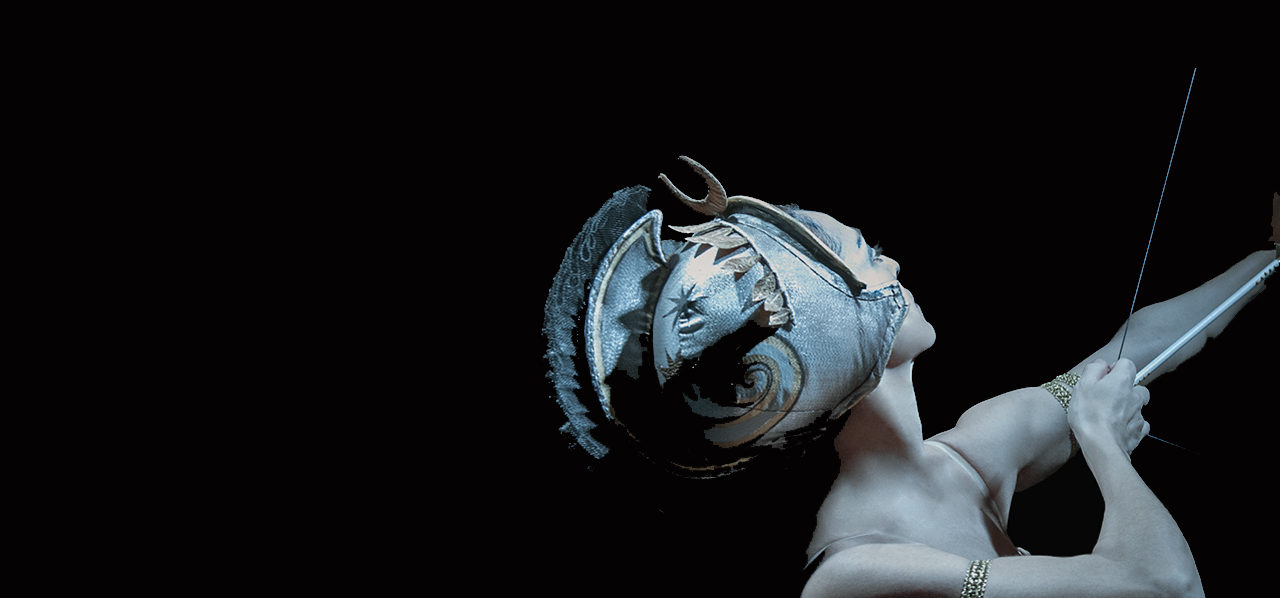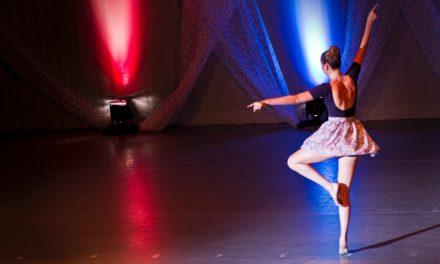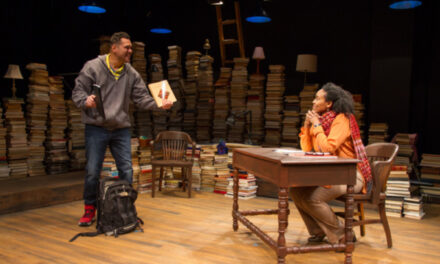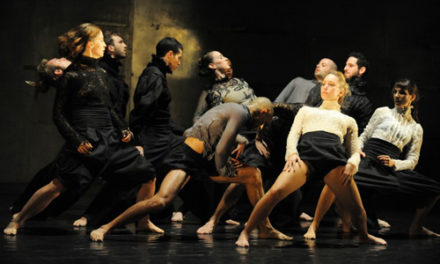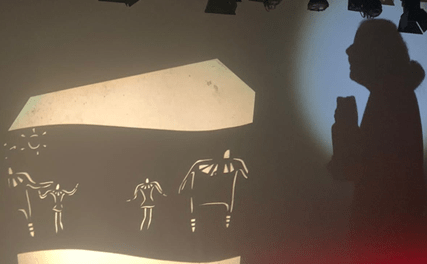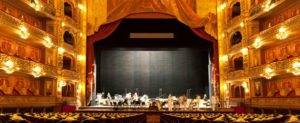
Inside the house of the Colón Theatre in Buenos Aires
After the resignation of Darío Lopérfido, the theatre is set to undergo several changes with newly appointed officials forced to tackle pending issues
The Colón Theatre has always been a tough nut to crack throughout its long history. Even when it was well run (Valenti Ferro, Renán) each day was a fight against obstacles either true or perverse. To be the general and artistic director is a full-time job that takes its toll on health and demands a deep knowledge of many ample and difficult fields, firm ethical decisions, an ability to control and delegate as well as to plan ahead no less than two years, preferably three.
As a cultured member of the audience consider what it takes to put on a fine interpretation of, e.g., a Wagnerian opera such as Lohengrin in a new production. First the dates for five performances, four of them by subscription: even a 10 title season is an extremely complex puzzle (although Valenti Ferro managed to present 18!). Crucial aspects: how many rehearsals the choir needs to memorise the music and the German text (calculated by the Choir Director); how many for the orchestra to learn the music and play it with exactitude and style (the conductor’s evaluation); nowadays productions have stage, costume and lighting designers unified by the producer’s vision: how many weeks the artisans and artists of the Colón need to realise the ideas of the production team in time for the scheduled dates? Plus the costs according to budget, the contracts, and the proper cast.
Multiply all this by the total number of operas, plus similar requirements for the ballet season; add the subscription concerts of the Buenos Aires Philharmonic and its availability for the ballet nights.
Add the concerts planned by the Colón in separate series, such as the Barenboim/Argerich festival; and the 20 dates of the Mozarteum Argentino plus a couple of Nuova Harmonia, and you have the legitimate work of a great integrated theatre. Unfortunately more and more intrusions alien to classical music have been given dates, denaturing the purpose of this theatre sometimes to ridiculous extremes (weddings, rock, pop, cinema stars, tango, folklore): there are other venues for all this and only a lack of clear thinking and a desire for juicy returns explain (not justify) these atrocities.
During Mauricio Macri’s years as City mayor, an essential bill was passed by the Legislature: a very flawed Autarchy Law invented an absurd five-director structure: general, executive and three other members supposed to have “recognised cultural trajectory,” one of them representing the Colón workers either from the artistic or the technical sectors. No mention of the artistic director (!?). Well, lawyers and accountants were named as members in flagrant violation, and the election of the representative of the Colón was delayed for years until General Director Pedro Pablo García Caffi could be sure that he had the votes for someone who wouldn’t be an independent voice. During the GC tenure happened two things: a) after six very confused and controversial years the Colón reopened in 2010: it had gone through a massive restoration; unfortunately it was incomplete (and still is: the Institute of Art went to a separate building, and many workshops work at La Nube, an insufficient Belgrano building); b) obeying Macri’s gravest mistake, 400 people were summarily either transferred or left in a limbo without any rational previous evaluation: the 1,300 people were reduced to 900 (they couldn’t be fired under the stability law); now we are back at the previous number if you sum the outsourced employees.
Come January 2015 and out of the blue GC resigned, invoking private reasons. Implicitly recognising that an Artistic Director is essential, Mauricio Macri chose Darío Lopérfido as general and artistic director; Lopérfido was a very negative Culture Secretary during the Fernando De la Rúa stints as our City mayor and then as president. To add to surrealistic behaviour, later Lopérfido was appointed Culture Minister retaining the Colón but only as the artistic director. María Victoria Alcaraz, for some years a low-profile director of the Centro Cultural San Martín, was appointed the Colón’s general director. So she was Lopérfido’s superior at the Colón but reported to him as minister! More Surrealism of bad quality. But Lopérfido resigned as Culture minister for spurious reasons and went back to the Colón.
And now he has been offered by the Foreign Ministry “an irresistible job” at Berlin (no details!) and resigned. Three candidates were evaluated and Enrique Arturo Diemecke was chosen as the replacement, though changing the description of the job: not “artistic director,” but “director of programming and artistic production.” Diemecke, of course, has been the principal conductor of the Buenos Aires Philharmonic for twelve years, and he will keep this position during 2017; in 2018 he will leave the post, previously choosing two conductors who will share the principal conducting.
Lopérfido was a caretaking artistic director in 2015, for he respected García Caffi’s programming (only changing conductor and producer for Parsifal). The 2016 season was programmed fully by Lopérfido, and already last November he announced 2017 in every detail, published in a booklet. The press release states that the season will take place as programmed, but Diemecke says that there might be changes in the second semester! And although Lopérfido had advanced a lot with programming 2018, if there aren’t contracts, everything can change. He says that he will continue to lead Ópera Latinoamérica and hold “an international representation of the Colón,” Alcaraz doubts that this will be so.
La Nación had interviews with Diemecke, Paloma Herrera (who takes over as director of the Ballet due to Maximiliano Guerra’s resignation) and Alcaraz. The latter makes two interesting statements: with reference to Lopérfido: “It wasn’t an easy relationship because we didn’t share ethical criteria concerning management and other subjects.” And about the Colón use for shows outside its vocation: “Diemecke and I will decide to whom we will rent the theatre. I have my differences about how it was used recently.”
It’s worth mentioning what is known about the Lopérfido 2018 opera season. The term used in the information, “comprometido,” is rather “firm offer accepted by the artist,” it isn’t the same as “under contract.” Tristan and Isolde conducted by Barenboim; Simone Boccanegra with Domingo; Berg’s Lulu (conductor Brönnimann); Aida; The Tales of Hoffmann (both conducted by Ranzani and the latter produced by Zanetti); Martinu’s Julietta, premiere (conductor Kuerti) and Janácek’s Jenufa. As the operas will be 10, three are missing from this list (one could be an Argentine opera by Matalón, as rumour has it). Says Diemecke: he likes the proposals but doubts if the budget for it will be available.
In a recent article, I mentioned that Guerra’s job was in danger due to great discontent with his tenure. Paloma Herrera, now 41, seems a good choice. She, like Bocca, is a product of both the Colón Art Institute and the American Ballet Theatre. As she expresses in the interviews, she will apply the same principles of discipline and perseverance of her own career to better the level of our Ballet. She wants more performances either at the Colón or elsewhere. She accepts the programming left by Guerra but wants to add to it.
Both she and Diemecke believe in being present as much as they can, but this year they have previous engagements to honour, they will need efficient vice-directors. And both as well as Alcaraz will have to tackle organisational reforms completely “forgotten” by García Caffi and Lopérfido: pensions, regulations, rehearsal times, and a big etc.
This article was first published at www.buenosairesherald.com and reposted with permission of the author. Read the original article here.
This post was written by the author in their personal capacity.The opinions expressed in this article are the author’s own and do not reflect the view of The Theatre Times, their staff or collaborators.
This post was written by Pablo Bardin.
The views expressed here belong to the author and do not necessarily reflect our views and opinions.

